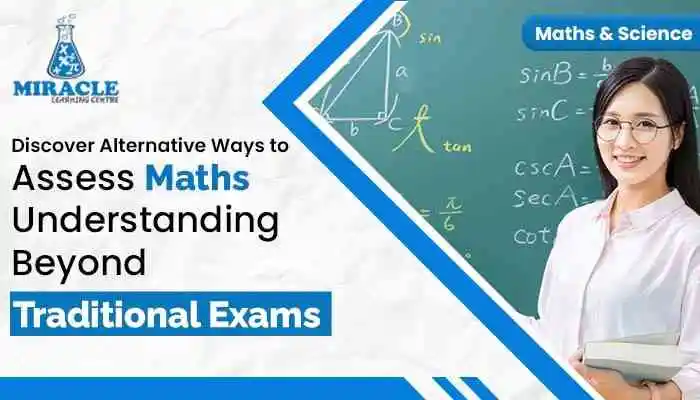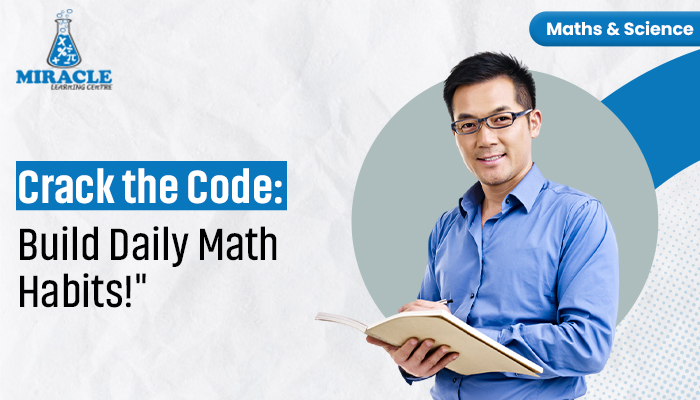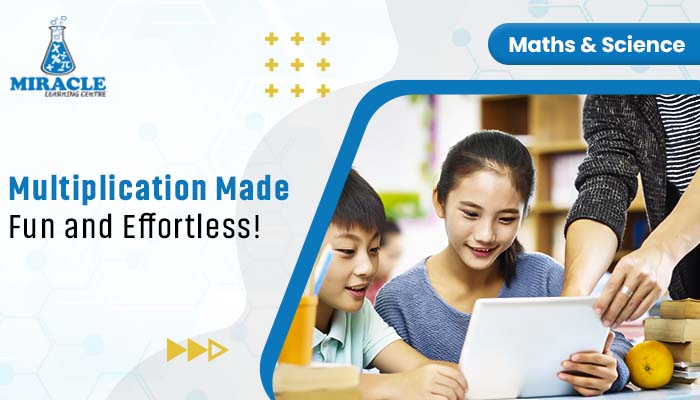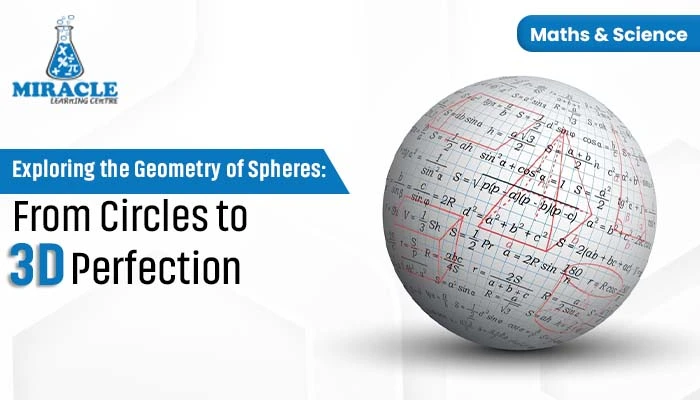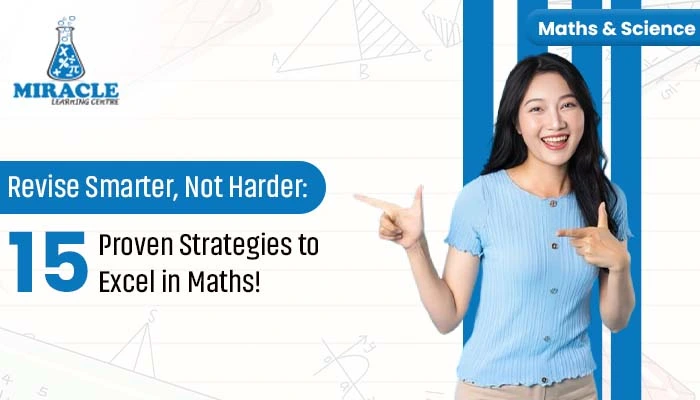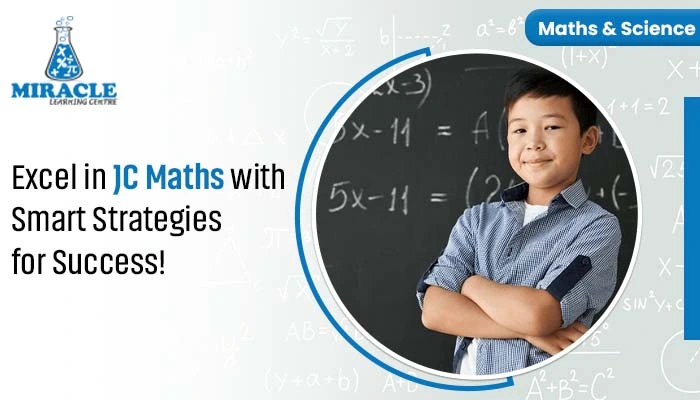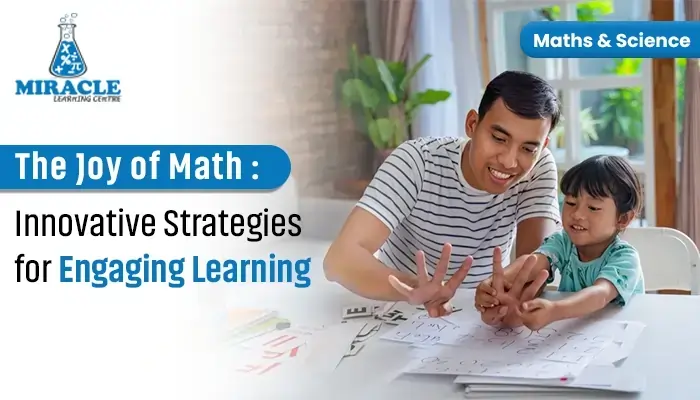Our education system determines the progress of student’s understanding with the help of exams. If they score well then they qualify and if they fail they have to repeat the whole semester to sit for the finals.
However, if we dig in deep then we can see the flaws in this traditional assessment system. The age-old reliance on traditional exams can be a source of stress, potential bias, and demotivation. This is why changing things is a necessity in order to capture the full spectrum of student outcomes without causing ill-feelings in students.
In this blog, we will be exploring a few of the alternative methods in maths tuition that can be considered for maths assessment.
Math Journals
This could be an engaging way to assess the progress of students while involving them in the process. Encourage students to maintain a math journal. In this journal they can explain their thought process, solutions, and how they approach problems.
Journals allow students to reflect on their learning, document their mistakes, and explore their reasoning. This not only assesses their understanding but also their ability to communicate mathematical ideas clearly.
Project-Based Assessments
Instead of a test, students can work on a project that applies math to real-world problems. For example, they might create a budget plan, design a garden using geometry, or calculate the materials needed to build a model.
Projects require students to use multiple math skills in a practical context. This is a great assessment method that demonstrates their understanding and application of concepts.
Peer Teaching
If you have a clear understanding of something then you can surely teach it to others. Why not put that action into an assessment method? Asking students to teach a math topic to their peers can be a great way to assess their progress.
This method allows students to demonstrate their knowledge in a different way. When students explain concepts, they reinforce their understanding and develop communication skills.
Moreover, peer teaching also fosters a collaborative learning environment.
Math Games and Puzzles
We need a more fun and low-pressure way for maths assessment than the traditional exams.Games and puzzles are great tools for that.
Activities like Sudoku, logic puzzles, or math-based escape rooms can engage students while challenging their problem-solving skills. Observing how students approach these games can provide insights into their thinking and strategy.
Math Portfolios
A math portfolio is a collection of a student’s work over time, including assignments, projects, quizzes, and reflections. It showcases growth and development in mathematical understanding.
It offers a more rounded picture than a single test score. Portfolios can highlight areas of strength and areas that need improvement.
Viva or Oral Examinations
Oral exams involve asking students to solve problems and explain their reasoning verbally. This format can be less intimidating for some students and allows them to articulate their thinking in real-time.
It also helps assess their ability to think on their feet and communicate clearly. While it isn’t a completely new concept of assessment, viva exams can be more prominent than it is at the moment.
These alternative methods to assess maths can change the education system in a positive way. Students gain more than they are stressed.
If you are interested in learning maths in an efficient and fun environment then check out maths tuition classes offered by us. We at Miracle Learning Centre adopt the best ways to keep the progress of students.
